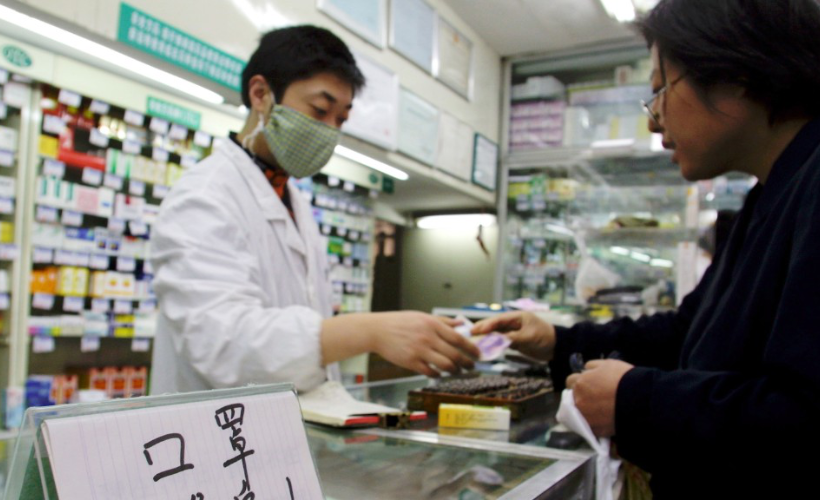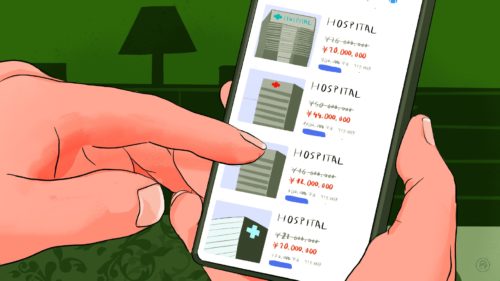Are China’s drug price controls failing?

Last year, regulators in China began an ambitious program to reduce the cost of drugs in the country: A policy to eliminate the 15-20 percent surcharges on medicine common in Chinese hospitals was tested at 3,600 hospitals in Beijing in April, expanded to 338 other cities in May, and given the authority of the Ministry of Finance in June.
At the same time, many patients found price relief through a booming online marketplace for mostly over-the-counter medications: Between 2011 and 2016, online drug sales skyrocketed from 100 million yuan ($15.9 million) to 4 billion yuan ($635 million), according to statistics cited in Caixin (paywall). Prices online are sometimes as little as half that in public hospitals, due to the complex and costly negotiation process involved in getting a drug approved for procurement by hospitals and approved by health insurance.
Now, as reported in that same Caixin piece, hope is fading for cheaper drugs on both fronts, in-hospital and online:
- “Even after the end to the surcharge, most hospital-sold drugs are still pricier than those at third-party pharmacies,” Caixin found.
- Prices are rising online, as the online drug retail industry has “found itself strong-armed by pharmaceutical companies.”
- Pharmaceutical companies practice “price maintenance,” a “tactical move…to force up a large number of medicine prices at nonhospital drug retailers and their online sites.” If retailers refuse to raise prices, drugmakers simply cut supply, a drugstore manager in Inner Mongolia told Caixin.
- Hospitals have also “pressured drugmakers to push retailers to raise prices” in order to preserve their “near-monopoly over prescription medicines” and combat falling revenues due to the surcharge reform.
- Between 2015 and 2017, 121 pharmaceutical companies made “hundreds of demands to raise prices” to online retailers, including Alibaba, JD.com, and Yaofangwang.com, affecting “521 types of prescription and over-the-counter medicines,” according to “industry statistics viewed by Caixin.”
A central obstacle in lowering costs, Caixin says, is that “only qualified brick-and-mortar pharmacies are allowed to sell prescription drugs online.” Allowing online-only pharmacies to sell prescription drugs, a solution that Zhu Hengpeng at the Chinese Academy of Social Sciences told Caixin would be suitable in this case, has been resisted by regulators because of “challenges of market oversight and concerns over public safety.” In fact, internet drug sales have only become more tightly regulated: Caixin notes, “Earlier this month, the State Food and Drug Administration revealed a draft regulation that would ban online retailers from partnering with brick-and-mortar pharmacies to sell prescription drugs.”
More reading on drug price reforms and China’s overall healthcare system:






